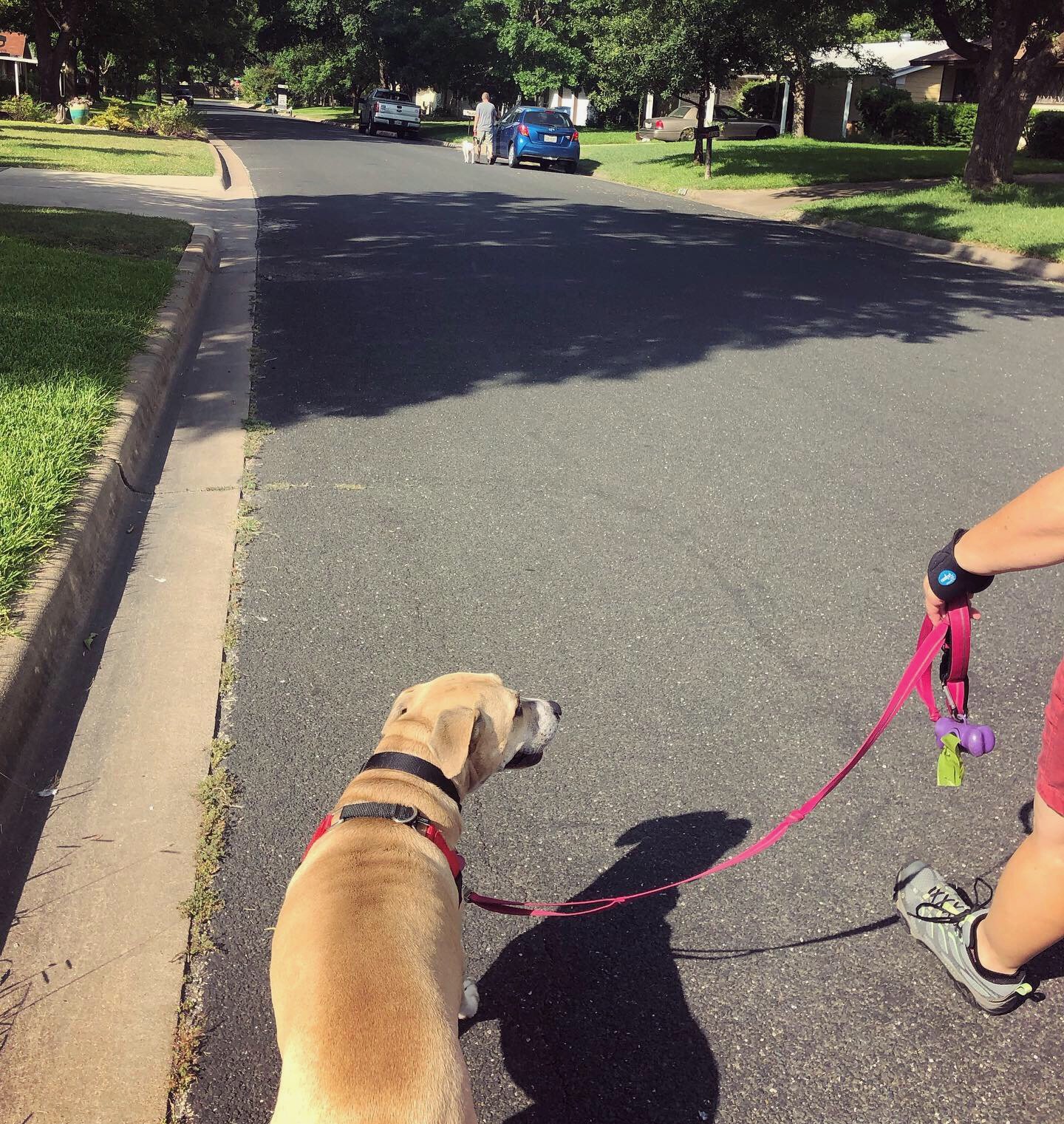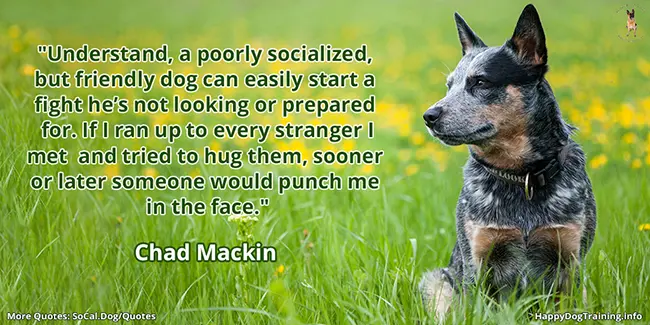Unlock Your Dog's Potential: Proven Dog Training Approaches for Success
Efficient pet dog training is a nuanced process that pivots on recognizing canine habits and using scientifically backed techniques. By integrating favorable reinforcement, developing clear commands, and prioritizing socializing, dog owners can grow an efficient partnership with their pets.
Understanding Pet Dog Habits
Recognizing pet behavior is essential for effective training and fostering a positive partnership between pets and their owners. An extensive grasp of canine body movement, vocalizations, and social communications is important for identifying their requirements and feelings. Pet dogs interact mainly via non-verbal signs; for example, a wagging tail might indicate excitement, while pinned ears can signify worry or entry.

Additionally, environmental elements play a substantial role in forming a pet dog's actions. Adjustments in regular, brand-new surroundings, or the presence of unfamiliar people can lead to anxiety or anxiety in pet dogs. Recognizing these triggers allows proprietors to minimize damaging reactions and establish ideal training approaches.
Ultimately, a deep understanding of pet dog behavior lays the foundation for successful training techniques, enhancing both behavior and the total bond in between the canine and its owner. dog training charlotte nc. This understanding is indispensable for promoting a well-adjusted, satisfied canine buddy
Favorable Support Strategies
Reliable training counts greatly on positive support methods, which have been revealed to yield considerable results in shaping preferred actions in dogs. This method involves awarding a canine for exhibiting specific actions, therefore raising the likelihood that these habits will certainly be duplicated. Incentives can take different types, including treats, appreciation, playthings, or play, depending on what inspires the specific pet.

It is important to gradually terminate rewards as the pet learns the actions, transitioning to recurring reinforcement. This method keeps the behavior with time while avoiding reliance on continuous benefits. By focusing on positive support, trainers can cultivate a trusting partnership with their pets, promoting a healthy and balanced and participating training setting that boosts total obedience and efficiency.
Establishing Consistent Commands
A fundamental aspect of successful dog training is the facility of constant commands. Uniformity in commands is vital for effective interaction between the pet dog and the instructor. When commands are consistent, pets discover to associate specific words with wanted actions, which accelerates the training procedure and boosts understanding.
To develop constant commands, it is important that all member of the family make use of the exact same terminology and motions. If one person utilizes "sit" while an additional states "rest down," it can create complication for the canine. Select clear, distinct words for commands and ensure everybody included in the pet's training complies with these selections.
Additionally, rep is key. Strengthen commands via frequent practice, ensuring that the dog gets enough opportunities to react appropriately. When a canine effectively adheres to a command, immediate favorable reinforcement ought to follow. This could be in the form of treats, praise, or play, solidifying the connection between the command and the activity.
Lastly, hold your horses. Developing consistent commands takes some time and effort. With commitment and clearness, you will assist your canine develop a strong understanding of expectations, eventually leading to a mannerly buddy.
Socialization and Direct Exposure
Interacting socially a pet dog is important for promoting a well-adjusted and positive friend. This process entails subjecting your canine to a range of settings, people, and other pets see this site to develop their social abilities and versatility. Early socialization, ideally in between the ages of three to fourteen weeks, is crucial, as it prepares for a pet dog's future behavior.
Throughout socialization, aim to give positive experiences in different setups, such as parks, busy roads, and click to investigate homes with other pet dogs. Introduce your dog to different stimuli, consisting of sounds, views, and smells, making certain that each encounter is fulfilling. This exposure aids alleviate fear and anxiousness, paving the means for a more resistant dog.
Involving in regulated team play sessions with various other dogs can likewise improve social abilities, educating your pet suitable communications and limits. Focusing on socializing will dramatically contribute to your dog's overall happiness and habits throughout their life.
Overcoming Common Educating Obstacles

An additional frequent concern is interruption. Dogs might struggle to concentrate in busy or unknown settings. Progressively desensitize your dog to disturbances by starting training in a silent environment and gradually introducing more stimulations as they become skillful (dog training near me). Favorable reinforcement methods, such as deals with and praise, can preserve inspiration and focus.
In addition, behavior issues like jumping or extreme barking can come to be irritating. Address these by instructing alternate habits, such as resting steadly when greeting guests. Consistency and persistence are critical; reinforce desired behaviors regularly and prevent scolding, which can cause complication.
Last but not least, identify that each pet is click here to find out more one-of-a-kind, and training timelines may differ. Dressmaker your approach to your dog's individual needs, and seek professional guidance if required. With perseverance and the best techniques, conquering these difficulties can result in a well-trained, happy canine companion.
Conclusion
Finally, opening a pet's possible requires a detailed method that integrates an understanding of canine behavior, the application of positive support methods, and the establishment of consistent commands. Early socializing and direct exposure to diverse environments further boost a pet's versatility and confidence. By addressing usual training difficulties with tailored approaches and perseverance, a harmonious and cooperative partnership between pet dog and handler can be promoted, eventually leading to a well-behaved friend efficient in thriving in numerous situations.
Reliable pet dog training is a nuanced process that pivots on understanding canine actions and utilizing scientifically backed methods.Understanding pet habits is essential for reliable training and fostering a favorable relationship in between dogs and their proprietors.Effective training depends greatly on positive support techniques, which have actually been revealed to yield substantial results in forming wanted habits in pets. When commands are uniform, pet dogs find out to connect details words with preferred actions, which accelerates the training process and boosts understanding.
In conclusion, unlocking a pet's potential requires a thorough approach that integrates an understanding of canine actions, the application of favorable reinforcement methods, and the facility of regular commands.
Comments on “Unleash Potential with Dog Training Near Me: Discover Your Local Professionals”